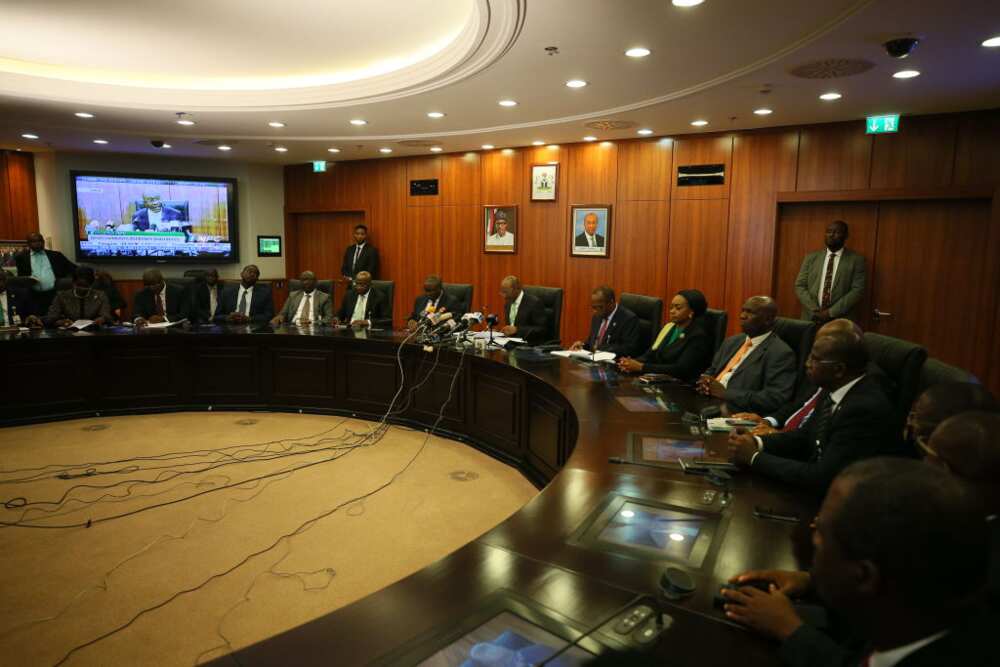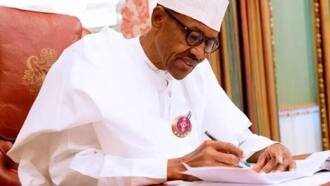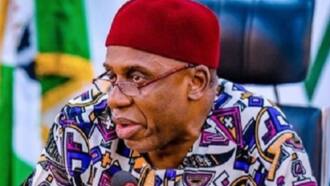For the First Time in 2 Years, CBN Announces an Increase in Banks Lending Rate as it Seeks to Tackle Inflation
- The Central bank of Nigeria's highest decision-making body, the Monetary Policy Committee has decided to raise banks' interest rate
- This will be the first time in over two years as CBN seeks to tackle the rising inflation in the country
- Changes in interest rates can have both positive and negative effects on the markets one of the negative is when it rises the cost of borrowing from banks will become more expensive
PAY ATTENTION: Click “See First” under the “Following” tab to see Legit.ng News on your Facebook News Feed!
For the first time in over two years, the policy-setting committee of the Central Bank of Nigeria (CBN) has voted to raise the monetary policy rate (MPR) from 11.5% to 13%.
This follows a long and tough deliberation among the eight members of the committee that makes up the CBN’S highest policy-making committee of the Bank.
The committee was caught in a dilemma of retaining the rate on the back of the six consecutive GDP growth or raising the interest rate due to rising inflation and energy cost.

Source: Getty Images
The move, CBN will be hoping will help tackle the rising cost of goods and services(Inflation) which currently stands at 16.8 per cent.
PAY ATTENTION: Join Legit.ng Telegram channel! Never miss important updates!
Addressing journalists on Tuesday after the committee’s meeting at the CBN headquarters in Abuja, Godwin Emefiele, governor of the apex bank who us also the chair of the committee said six out of eleven committee members voted to raise the interest rate, TheCable reports.
However, Emefiele said the committee also voted to retain the asymmetric corridor at +100 and -700 basis points around the MPR and liquidity ratio at 30 per cent.
What is MPR?
The monetary policy rate (MPR) is the baseline interest rate in an economy, every other interest rate used within an economy is built on it.

Read also
President Buhari approves new tax on phone calls, proceeds to finance free healthcare for vulnerable Nigerians
Central banks frequently adjust their target interest rates in reaction to economic activity, boosting them when the economy is too robust and decreasing them when the economy is too slow.
The CBN is in charge of determining the target interest rate at which banks can borrow and lend money. Lowering interest rates makes borrowing money less expensive, whereas raising interest rates makes borrowing more costly.
Fuel scarcity drives up the price of diesel
Meanwhile, Legit.ng previously reported that fuel scarcity had driven up the price of diesel to N550 per litre.
Buyers interviewed by Legit lamented the ripple effect of the hike in petroleum products in the country.
Michael Agwu, a businessman told Legit.ng in Lagos that what the price increase means is that it will further drive up inflation in the country.
Source: Legit.ng

